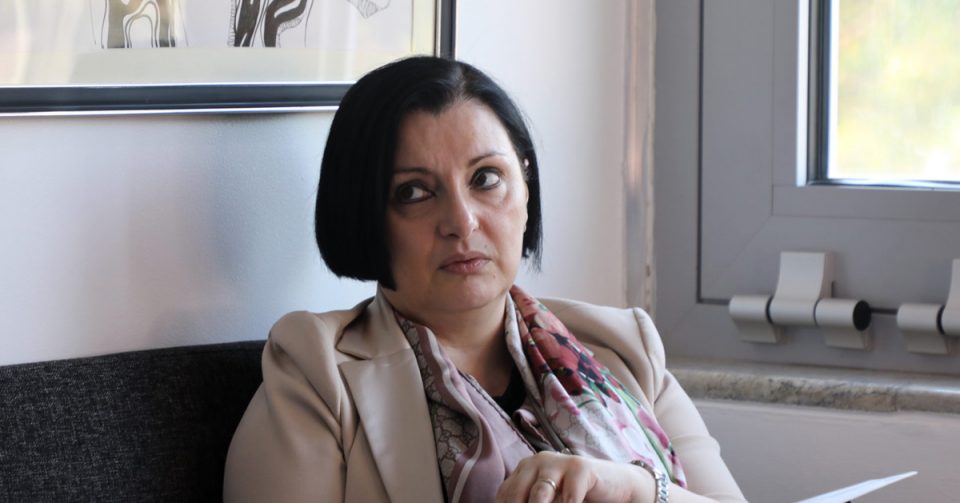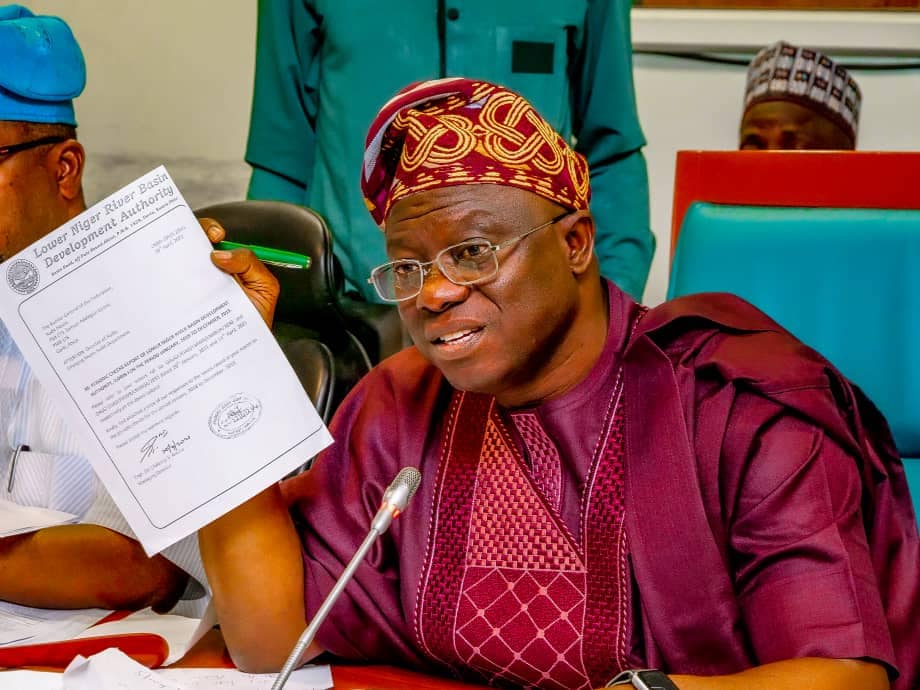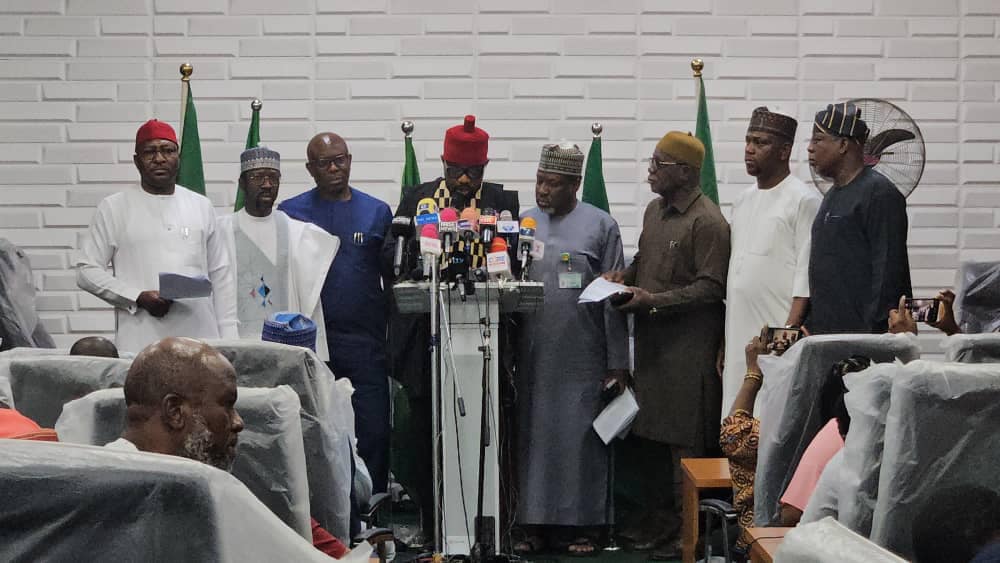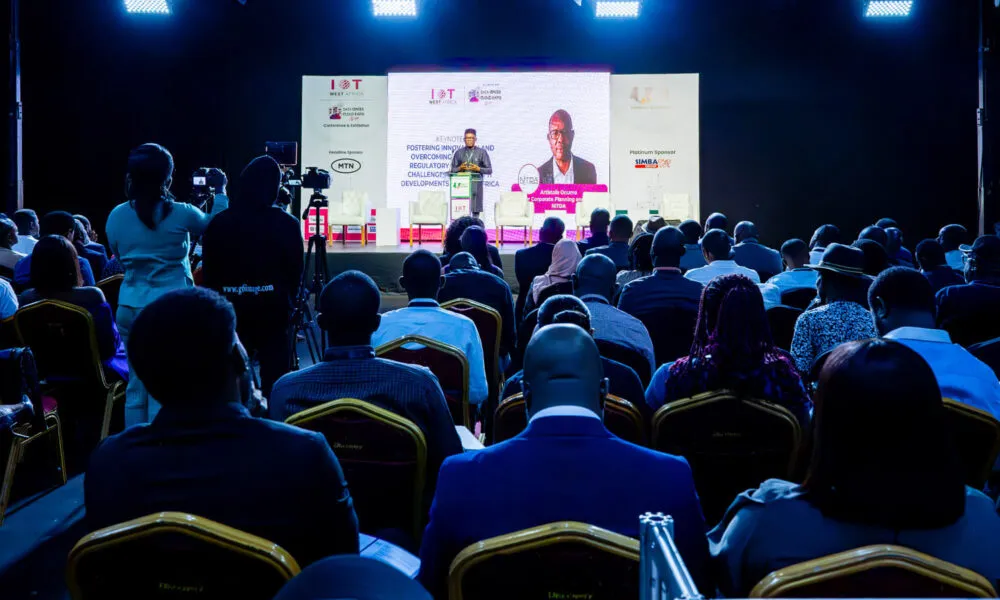• Country offsets $850m debt to European airlines
The European Union (EU) has described Nigeria as its largest trading partner with almost €35 billion in the volume of transactions last year, accounting for about one-third of the country’s foreign trade, and a balance of over €10 billion in favour of Nigeria.
Meanwhile, the EU has confirmed the Federal Government’s payment of the outstanding $850 million owed European airlines.
One of the consequences of the naira depreciation is a welcome increase in portfolio investors, it noted, pointing out that there were signs of a boost to exports, at least in the West African region.
EU Ambassador to Nigeria and Economic Community of West African States (ECOWAS), Samuela Isopi, said at the opening of the 9th edition of the Nigeria-EU Business Forum, yesterday, in Abuja, that EU was also Nigeria’s biggest foreign investor with a stock estimated at €26 billion, representing one-third of Nigeria’s Foreign Direct Investment (FDI) stock.
The forum, with the theme ‘Investing in Jobs and a Sustainable Future’, had in attendance the EU Director-General, Myriam Ferran; Minister of Budget and National Planning, Atiku Bagudu and the Permanent Secretary at the Ministry of Industry, Trade and Investment, Nura Rimi.
At the event, the EU and Eurocham Nigeria (European Business Chamber) signed a €300,000 grant agreement to support further development.
Similarly, the Dutch entrepreneurial development bank, FMO, and Nigeria’s First City Monument Bank (FCMB) signed a $25 million NASIRA guarantee agreement.
The agreement will enable FCMB to expand its funding to agricultural, youth and women-owned Small and Medium Enterprises (SMEs) without requiring collateral, targeting a client group typically deemed too risky by banks.
According to Isopi, over 230 companies from 18 EU member states are in Nigeria, with France, Germany and The Netherlands making up 60 per cent of the companies captured by the survey.
Isopi observed that most of the investments in the past used to go into the oil and gas sector; but that manufacturing had taken over as the largest sector for EU companies in Nigeria, accounting for almost 20 per cent of EU investments in the country.
Manufacturing is followed by professional services, logistics and constructions, while the extractive industries (oil and gas) represent less than 10 per cent, The Guardian gathered.
She said, “The survey gives a clear indication of how EU-Nigeria economic partnership contributes to Nigeria’s economic growth and diversification (EU companies had a turnover of €4 billion in the last fiscal year to employment, through the creation of over 130,000 jobs and skills development (with an average of 6,000 Nigerians trained yearly). In a testament to Nigeria’s economic potential against all challenges, four out of 10 European companies arrived in the last decade.”
The envoy stressed that the EU and its member states were also top development partners and first grant donor, covering critical sectors to economic growth, adding that the European Investment Bank “is also increasingly active in Nigeria with an important ongoing portfolio, on innovation, renewable energy and private sector development,” and new operations in the pipeline.
“A year ago, these funds amounted to $850 million, with a big chunk owned by European airlines. Today more than 98 per cent of arrears have been cleared. This is a major achievement,” Isopi said.












